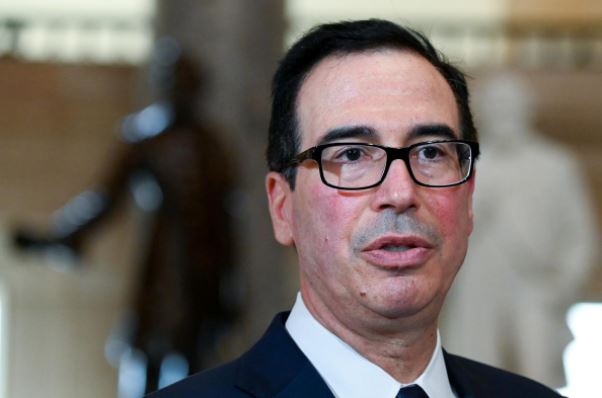Finance ministers from the Group of Seven rich countries on Monday noted improved conditions in their economies, but underscored their concerns about the debt problems facing low-income nations, a US Treasury spokesperson said.

During a videoconference hosted by US Treasury Secretary Steven Mnuchin, the ministers urged all official bilateral creditors to fully implement the G20 debt freeze for the poorest countries, and agreed to consider additional options, including extending the initiative into 2021, the spokesperson said.